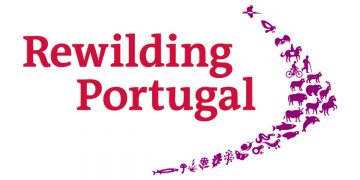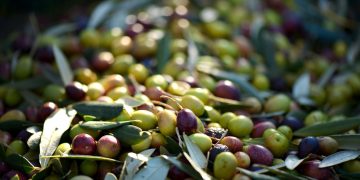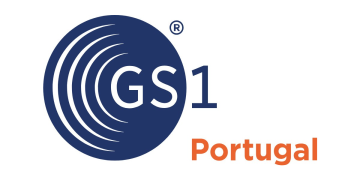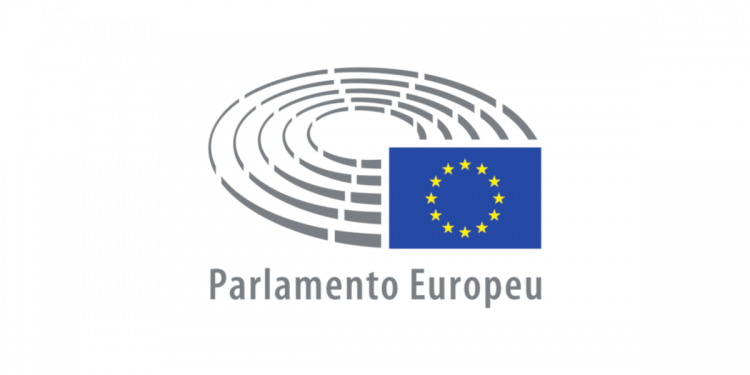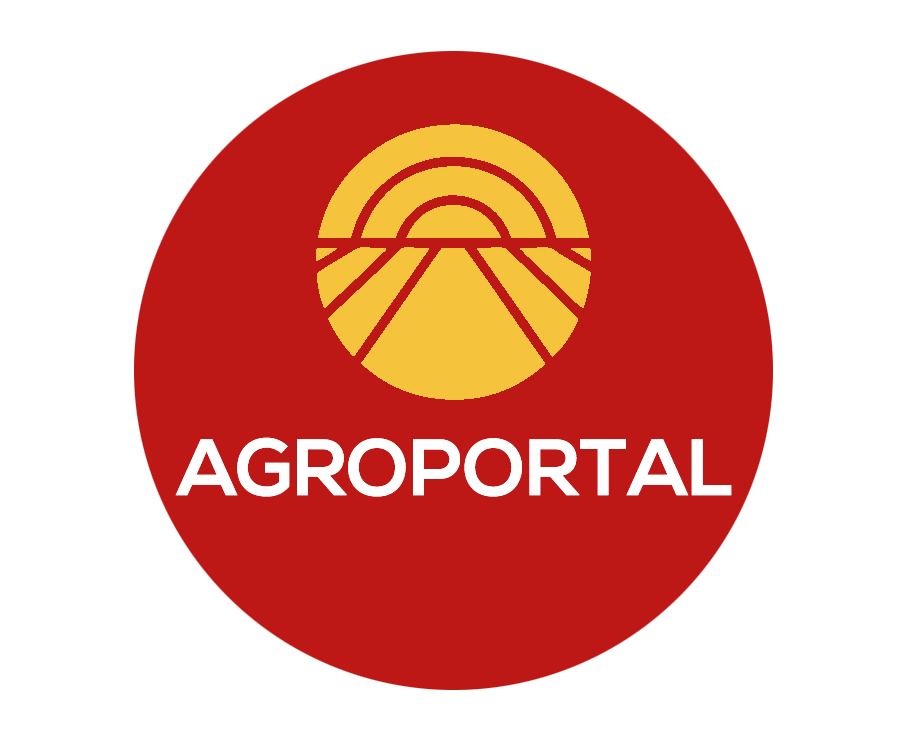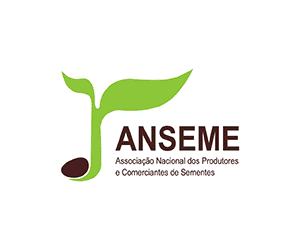Only 20% of EU students were targeted by the scheme
Budget should be increased and unused financing reallocated between member states
Distributed products should be unprocessed, organic and local
Red tape for participating schools should be reduced
In a resolution adopted on Tuesday, MEPs call for more finances and simplification of the EU school scheme for fruit, vegetables, milk and dairy products.
Following a Monday plenary debate, MEPs adopted the resolution on the implementation of the school scheme for fruit, vegetables, milk and dairy products by 534 votes in favour, 57 against and 23 abstentions.
Higher and better targeted budget
Despite the high demand of schools in some member states to participate on the scheme, limited budget prevented the scheme from reaching many students, warn MEPs. They therefore call for an increase of the budget for the scheme so that products can be distributed to more students, more often and on a regular basis.
Given that there are big differences between member states in the implementation of the scheme, the adopted resolution proposes to reallocate amounts not used by some Member States to others.
At least 10% of the funding should be earmarked for educational measures about healthy nutrition habits, add the MEPs.
Quality products distributed less bureaucratically
Fruit, vegetables and dairy products to be distributed in EU schools should be unprocessed, without added sugar, fat, salt or sweeteners, organic, produced locally and with quality indications, say MEPs.
The participation of schools in the scheme must be simpler to be appealing, request MEPs and call for less bureaucracy for schools using the scheme. They also propose to explore the possibility to extend the scheme for candidate countries.
Quote
The rapporteur Carmen Avram (S&D, RO) said after the vote: “The European Commission must increase the budget, the Member States must decrease bureaucracy and together must pave the way for more schools and farmers to join the scheme. Procuring fresh and locally sourced fruits, veggies, milk and dairy should not come at the expense of quality. We cannot tighten the belt when it comes to the healthy and sustainable products for kids in schools and the accompanying educational measures.”
Background
The EU school scheme operates with a budget of €220 million per school year. The Parliament’s own initiative report scrutinises the implementation of the scheme from 2017 to 2022, during which all EU countries showed a decrease in participation in the scheme. Only 16 out of 76 million EU students were targeted by the scheme.
In adopting this resolution, Parliament is responding to citizens’ expectations concerning promoting healthy food and healthy lifestyle and guaranteeing safe, sustainable, just, climate responsible, and affordable production of food as expressed in Proposals 7(2), 7(4), 6(6) and 1(2) of the conclusions of the Conference on the Future of Europe.
Artigo publicado originalmente em Parlamento Europeu.


